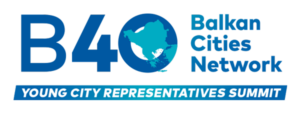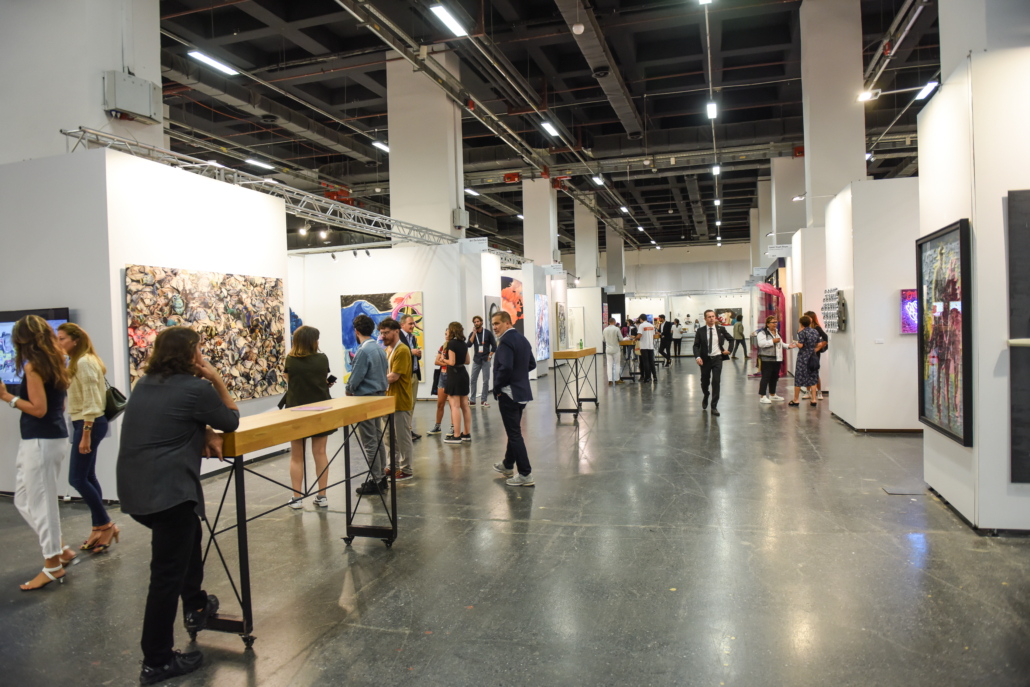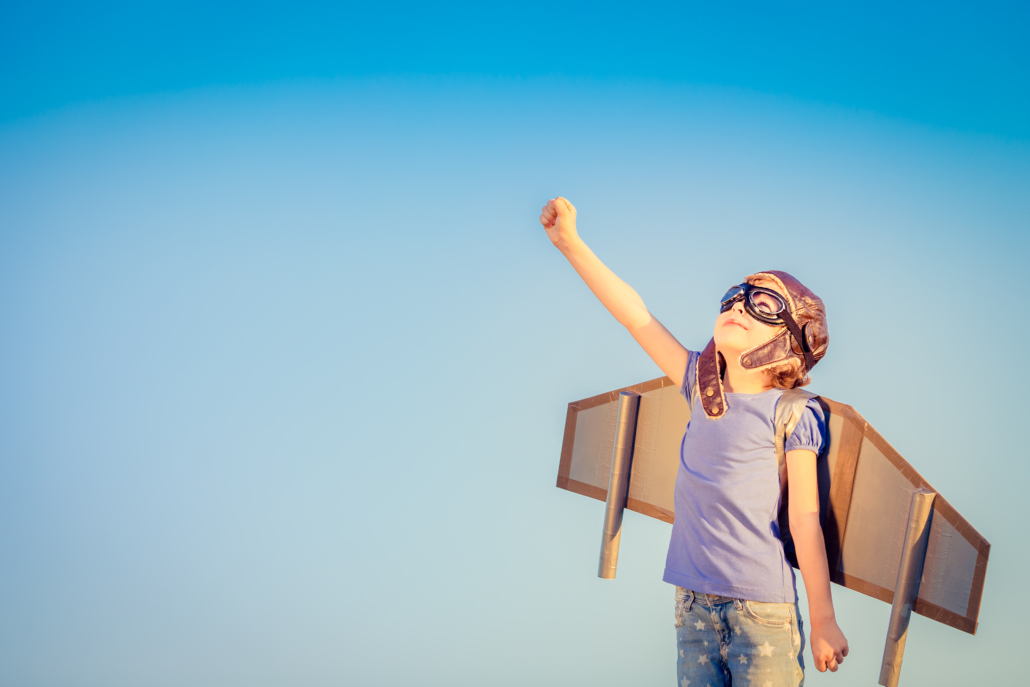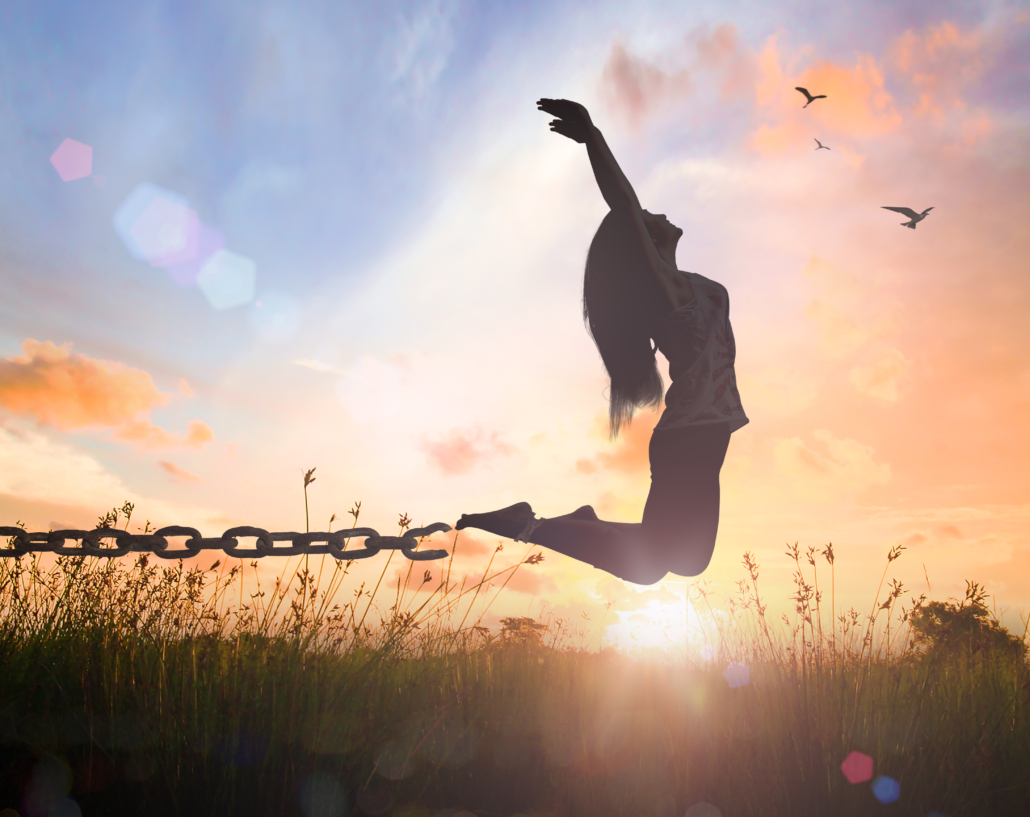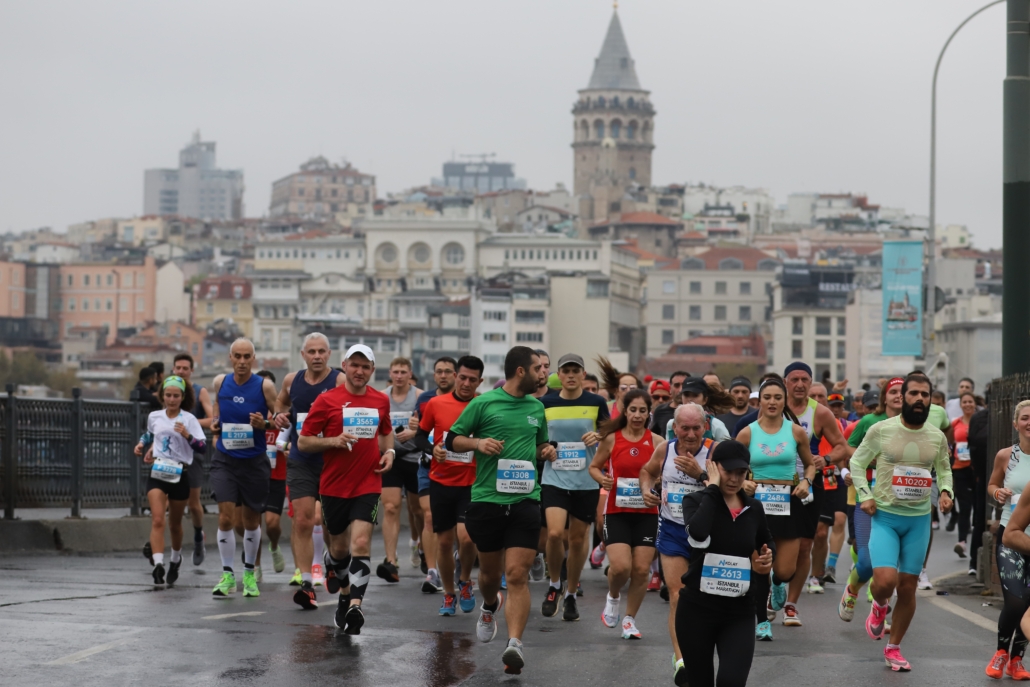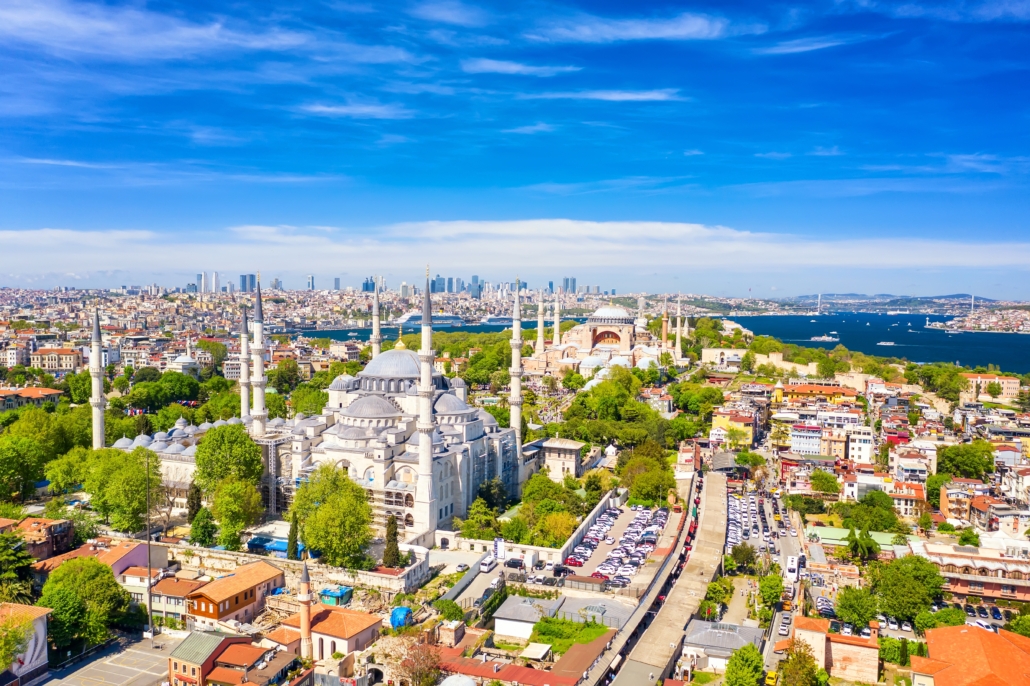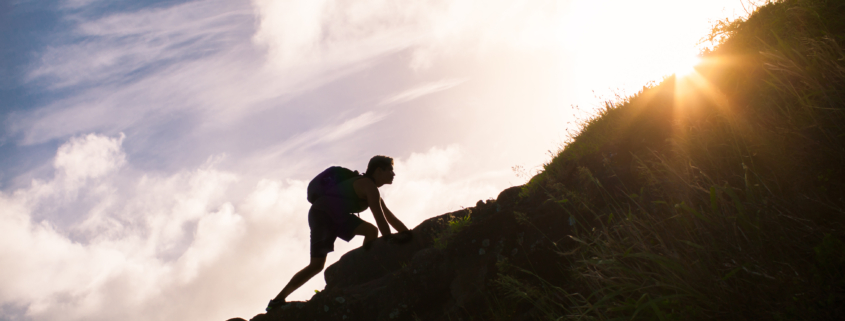Workshops
At the B40 Young City Representatives Summit, 7 workshops will be held in order to increase the awareness of youngs about their social responsibilities and contribute to their personal development.
Workshops will provide Young City Representatives with expert insights into the issues and topics they are most passionate about. Workshops will offer practical skills, techniques, ideas and processes which Young City Representatives can implement in their own projects and initiatives for change.
In the first half of the workshops, expert speakers from universities, public and private sectors and civil society will make presentations. In the second half, they will make comments and evaluations on the subject with Young City Representatives.
B40 Young City Representatives Summit is a chance for youngs responsible for shaping the future of their cities, to come together to confront the biggest challenges. B40 Young City Representatives Summit is the ultimate place to be inspired, share learnings, connect and collaborate to raise the bar for what it is possible to achieve individually and collectively.
Young City Representatives will attend whichever workshop they are interested in on the same day. They will share their opinions and contribute to the discussion topics of the workshops.
The speakers of the Environment and Climate session are:
BERKAN ÖZYER – Researcher, Vision 2050 Office, Istanbul Planning Agency Climate Platform Coordinator
EDA YABANCI – UN Sustainable Development Solutions Network – Youth Türkiye – SDG Coordinator of Bilkent University
ELİF SARAH HEARN – Climate Activist
BAHAR ÖZAY – UN SDSN Turkey Coordinator and Sustainability & Climate Researcher – Boğaziçi University
Environment and Climate Workshop
At the point our world has reached today, environmental and climate issues are not just a matter of sensitivity; it’s a matter of survival. For this reason, we have to take every step in a way that does not expose future generations to environmental risks and ecological problems. Youngs should also be aware of the environmental and climate risks and take responsibility in the fight against the climate crisis.
The main discussion topics of the Environment and Climate Workshop are as follows:
- What are the responsibilities of youngs to protect natural ecosystems, reduce environmental pollution and carbon footprint?
- What are the devastating effects of climate change on human life and urban infrastructure? How can youths join the fight against the climate crisis?
- Why is it important to achieve climate justice? What can youths do to protect vulnerable groups such as the poor, the elderly and the disabled against the effects of the climate crisis?
- What should we do to create cities that protect the environment and adapt to the changing climate?
- What will be the future role of energy efficiency and renewable energy?
- How do we reduce waste generation at the source? How do we ensure the reuse and recycling of waste?
- What is the connection between the climate crisis and the protection of cultural heritage?
- In order to protect and safeguard the natural heritage of cities, what are the responsibilities of the youth?
The world is our only home; youth together will fight the climate crisis for our cities, our region and the world.
Culture and Art Workshop
Culture and art are the most important elements that will strengthen the well-being of youngs and contribute to their development processes. It is therefore necessary to create healthy and happy cities for youngs.
The main discussion topics of the Culture and Art workshop are as follows:
- How do youngs want to live in cities in terms of cultural opportunities and cultural interaction?
- How can youngs increase the cultural and artistic dynamism of cities?
- How do youngs exercise their right to participate and contribute to cultural life?
- What kind of a connection is there between the literature of the city and the city of literature?
- How does digital transformation affect young people’s preferences for literature, culture and art?
- What kind of cultural and artistic activities should be carried out in order to bring together the voice of the cities and the voice of the youth?
- How can youngs contribute to improving the access and participation opportunities of vulnerable groups in cultural life?
- What role should youngs undertake in protecting the cultural heritage of cities?
- How does literature, culture and art connect cities?
- What are the common cultural values of the Balkan cities?
- In order to protect and safeguard the cultural heritage of cities, what are the responsibilities of the youth?
- Who are the writers and poets who identified with our cities? How did they feel about our cities, lived and wrote?
One way to improve cooperation between Balkan cities is to bring youth together on common themes of literature, culture and art.
The speakers of Culture and Art workshop are:
EDA GÖKNAR – İKSV Alt Kat: Learning and Interaction Space Manager
DENİZ OVA – Executive Director at Salt
DİLAN BOZYEL – Multidisciplinary Artist
The speakers of Scince, Technology and Inovation workshop are:
EROL ÖZGÜNER – Head of IT Department of IMM
SERRA TİTİZ – Founder at Mikado Sustainable Development Consulting, GDN Youth Platform
BURAK IŞIK – Corporate Governance & Sustainability Director at IC Yatırım Holding A.Ş. Member of Executive Committee
ÖYKÜ İYİGÜN – Prof. Dr. İstanbul Commerce University
Science, Technology and Innovation Workshop
As we design a better future for our cities, we must make the most and best use of science, technology and innovation. We must make social innovation an important part of our cities, conceptualized as “innovative ways of meeting social needs”. Undoubtedly, youngs have an important place in the center of these processes. Youngs are the main actors of innovative initiatives that will meet their own needs and benefit other segments of society. In this respect, the adaptation of youngs to social life is also important in terms of developing necessary skills such as creativity, social communication skills and working as a team. On the other hand, innovative perspectives are needed to discover the potential of youngs and increase their capacities.
The main discussion topics of the Science, Technology and Innovation workshop are:
- How can we improve the quality of life in cities using science, technology and innovation?
- How do science, technology and innovation affect cities’ capacity to produce fast and flexible solutions?
- What are the components of the smart city ecosystem? How can youngs take a more active place in this ecosystem?
- What are the smart city projects that youngs would suggest for their cities?
- What should we do to create innovative, technological and smart cities? What should we do differently? What should we not do?
- Why is digital inclusion important for cities?
- What is the role of technology and innovation in developing a participatory local government model?
- How do we gain social benefit from big data?
How should cities that support innovation and entrepreneurship be?
Human Rights and Local Equality Workshop
For the development of local democracy, it is very important to promote and encourage the participation of youngs in the management processes, to benefit from all kinds of social participation tools, and to find solutions to all the problems they will encounter in the democratic participation process. In this direction, while determining the management approaches and practices that are beneficial to the youth, the views of the youngs should also be taken into consideration.
Because youth, the most important social actors of cities, have the right to participate in decision-making and implementation processes that concern them, their work for social change should be encouraged. In this context, the Human Rights and Local Equality Workshop has been prepared on the axis of Young City Representatives gaining awareness in order to gain a sense of responsibility in social events and to express themselves better.
The main topics of discussion at the Human Rights and Local Equality Workshop will be:
- What should we do to combat discrimination effectively and continuously?
- What should we do to secure individual freedoms and differences?
- How can we ensure gender equality in all areas of life?
- What can youngs do so that the elderly population can live independently and participate actively in urban life?
- What should we do to strengthen civil society, solidarity networks and social solidarity?
- In order to end poverty in all its form everywhere, what can we do?
The Human Rights and Local Equality Workshop will discuss what needs to be done to live in a city where people live equally and freely, where intercultural dialogue opportunities increase, gender equality is ensured, income injustice is prevented and poverty is reduced.
The speakers of the Human Rights and Local Equality Workshop are:
ZEYNEP GÜLRU GÖKER – Faculty Member, Sabanci University Gender and Women’s Studies Center of Excellence (SU Gender)
ZELAL YALÇIN – Coordinator on İPA Social Policies Office
MELTEM ERSAN – Social Services Department-Migration Unit Coordinator of IMM
The speakers of City and Sport workshop are:
RENAY ONUR – General Manager of Spor İstanbul
ÖZGE KARADAĞ – Public Health Researcher, Center for Sustainable Development, Columbia University
FUNDA ÖZTÜRK – Yuvam Dünya Association General Coordinator-Sports Activist
City and Sport Workshop
Like every social quality, sports is connected to the city by thousands of ties, some visible and some hidden. Sports ability of cities is shaped by social processes. Therefore, sports creates a tight bond between its own past and the past of society. This bond, emerging with urbanism activities, changes and takes shape. For this reason, sports both affects and is affected by the city.
Sports is an activity that has been done in every period of human history. The history of sports and the history of urbanism follow a parallel course. In the past, it has been seen that societies developed in the field of urbanism have also developed in the field of sports. Therefore, while planning the future of the city and urbanism, it is not possible to exclude sports from the scope.
The main discussion topics of the City and Sports workshop are:
- How should a city that does sports and lives with sports be like?
- How do we gain the habit of doing sports while living in the city? What should we do to make sports a part of city life?
- Which sports branches do youngs want to see more value and what are their expectations from cities?
- What is the connection between digitalized city life and sports?
- How do youngs define their sports and recreational space needs?
- What is the connection between sports and the social, cultural and economic development of cities?
- To ensure healthy lives and promote well-being for all, what activity options should cities offer?
City and Architecture Workshop
Cities have their own identities and souls. Their architecture, culture and history give cities identity and soul. It is these qualities that make cities different from each other. People build the city, and the city affects people in return. This interaction evolves into culture and civilization. Over time, the city and the person form an identity by intertwining. For this reason, architecture is one of the essential elements that make up the identity of the city.
The city is the physical pattern of the most common web of relationships that humans create. People carry this network of relations to the space with their lifestyles and mutual interactions and transfer it to future generations as a knowledge over space. Architecture is the most important medium of this transfer. In this respect, the awareness of youngs about architecture is very important for such transfer to happen and function properly.
The main discussion topics of the City and Architecture workshop are:
- What kind of a language of expression is architecture and what does it tell?
- What kind of a connection is there between the awareness of protecting the city and architectural sensitivity?
- How does the integrated management of cities’ natural resources affect their architecture?
- How is architecture used to ensure the diversity and productivity of the city’s biological systems?
- What is the connection between sustainable cities and development and architecture?
- What is the place of architecture among sustainable urban planning criteria?
- How can architecture be used to produce sustainable solutions for rapid urbanization today?
- How do traditional architecture and modern architecture complement each other?
- How do youngs, the architects of our future, see the architecture of the future?
The speakers of City and Architecture workshops are:
AHMET AYDEMİR – Prof. Bahcesehir University, Chief Sustainability Officer
ÖZGÜL ÖZTÜRK – Circular Designer – Board Member of Yuvam Dünya Association
NİHAL BURSA – Assist. Prof. Dr., İstanbul Bilgi University, Department of Architecture
ZAFER AKAY – M.Arch., Sustainability Coordinator, İstanbul Bilgi University, Department of Architecture
The speakers of Self-Improvement and Career Planning are:
BURCU BIÇAKÇI – Partner – Egon Zehnder Consulting
BANU TAŞKIN – General Manager of Turkish Education Foundation
ALİ DOĞANAY – Branch Manager of EU Relations of IMM
Self-Improvement and Career Planning Workshop
Youth: Change and Continuity. Change in self-improvement and continuity in career are two important issues for youth. Self-improvement is required to acquire many competencies such as to learn the learning, to be an active social citizen, proficiency in a foreign language, entrepreneurship, cultural and digital competence. On the other hand, self-improvement of youngs is an important factor affecting their career success. Continuity in career success requires continuous self-improvement. Self-Improvement and Career Planning workshop aims to raise awareness of youngs in these aspects.
The main discussion topics of the Self-Improvement and Career Planning workshop are:
- What kind of future do youngs dream of for themselves?
- What are youngs doing to realize their future dreams?
- How do youngs prepare for business life?
- What kind of trainings and opportunities do youngs demand from cities to reveal their potential?
- Why is lifelong learning important? What lifelong learning opportunities do we have?
